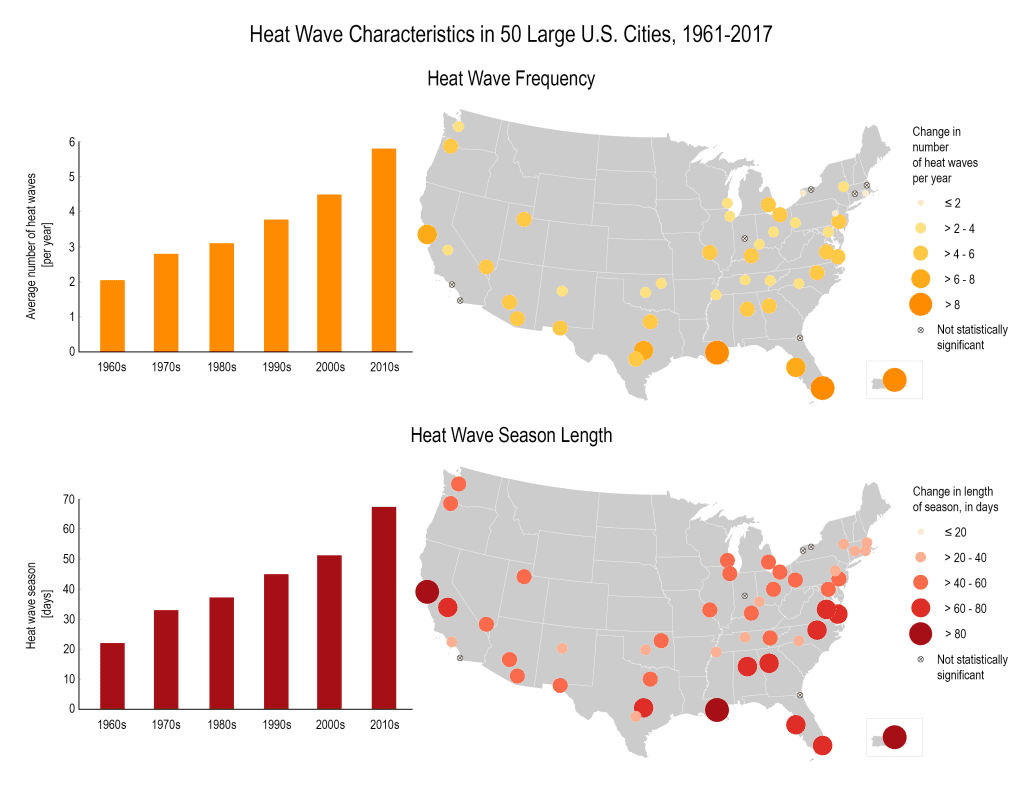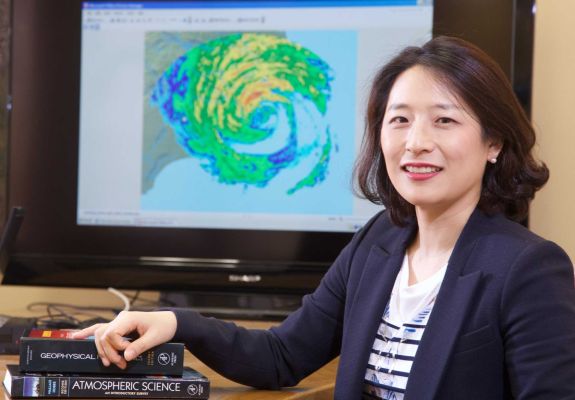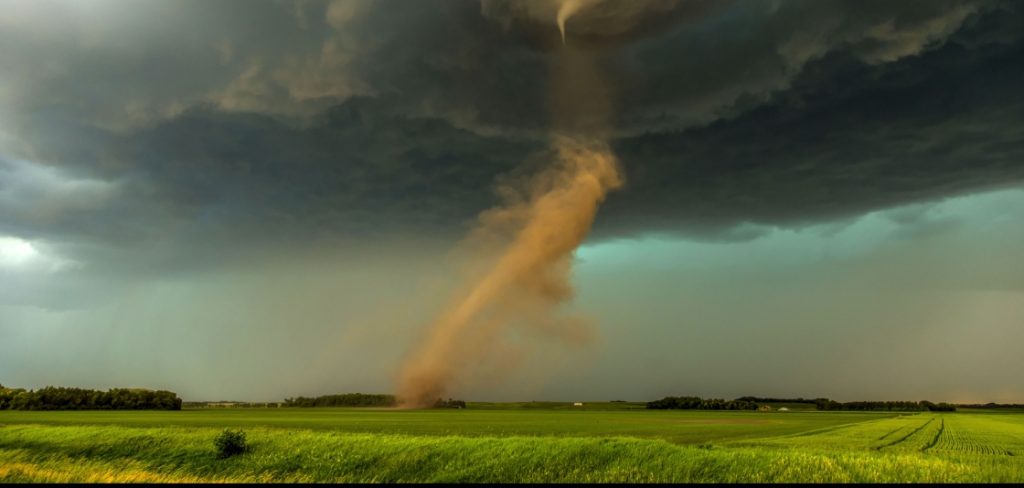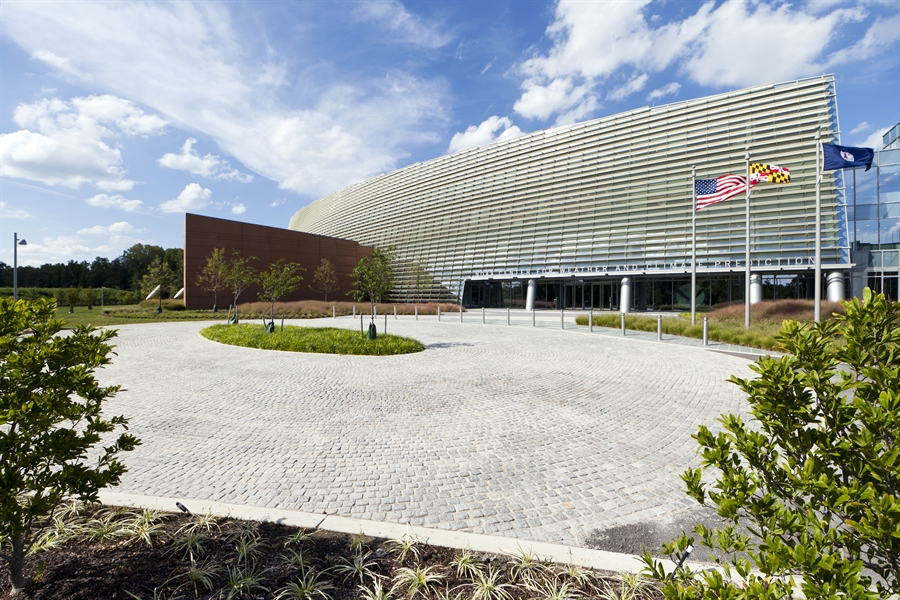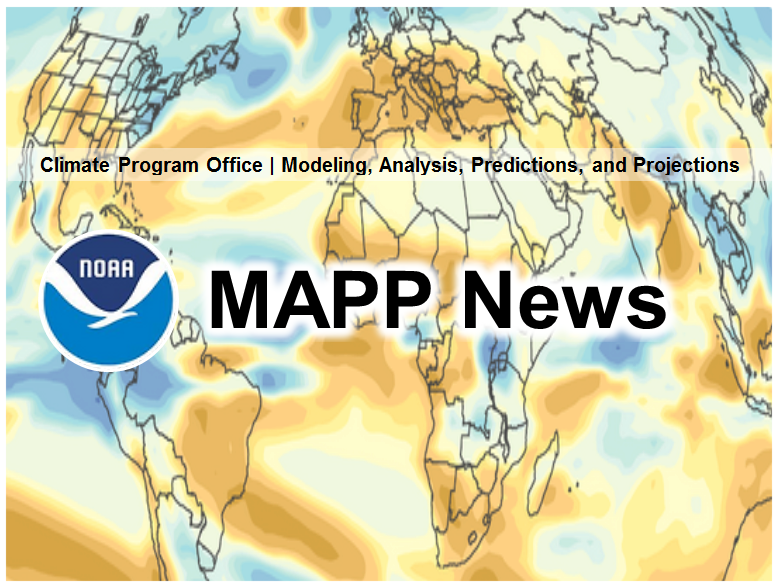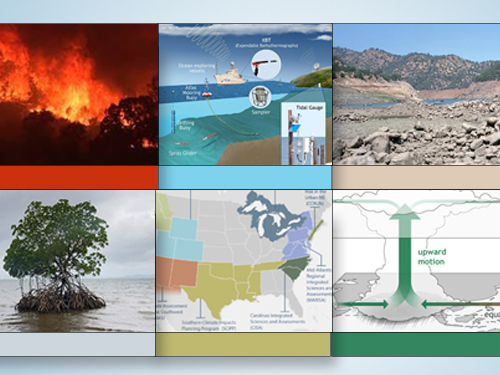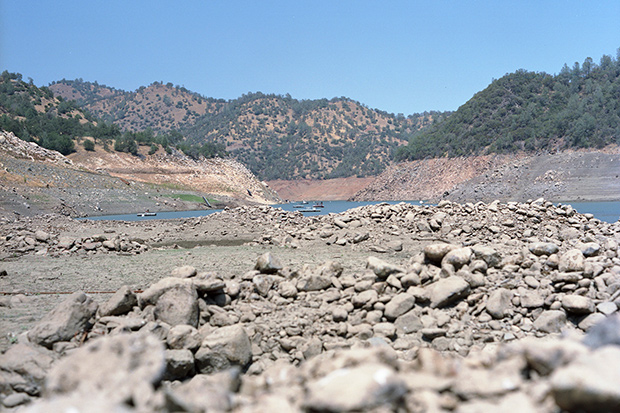U.S. Heat Waves in new Interagency Indicator
A new indicator that characterizes heat waves in the United States shows staggering changes in this phenomenon over the past few decades. Many cities in the U.S. are now experiencing 5-10 more heat waves per year than they did in the 1960s
U.S. Heat Waves in new Interagency Indicator Read More »


